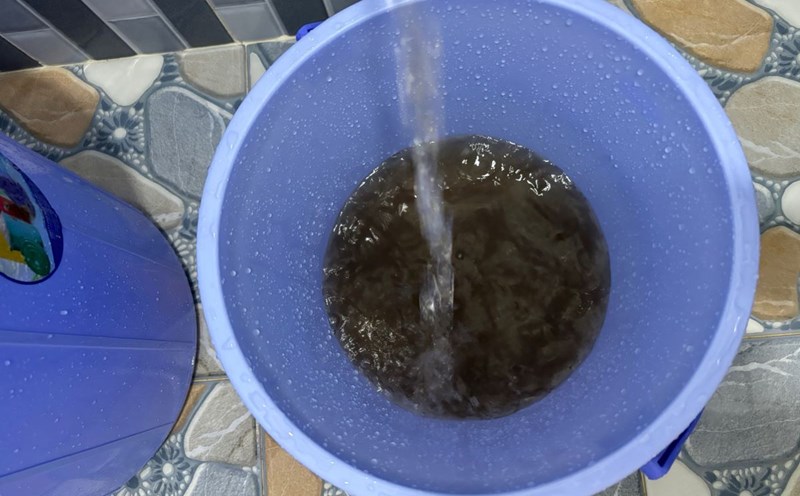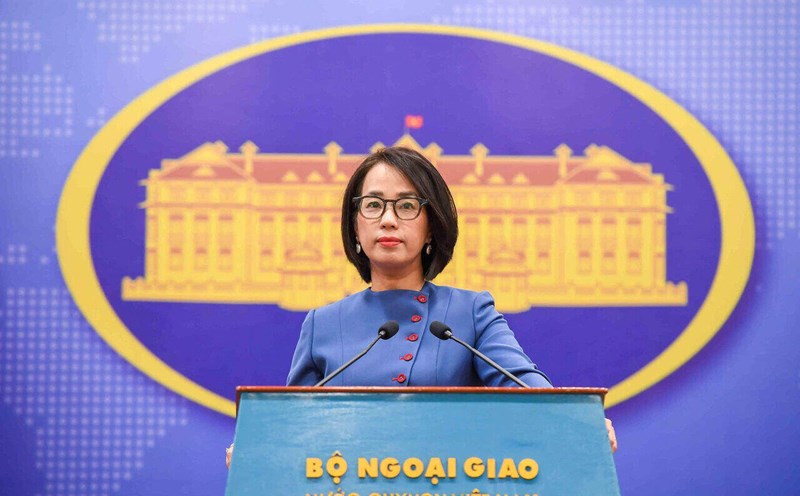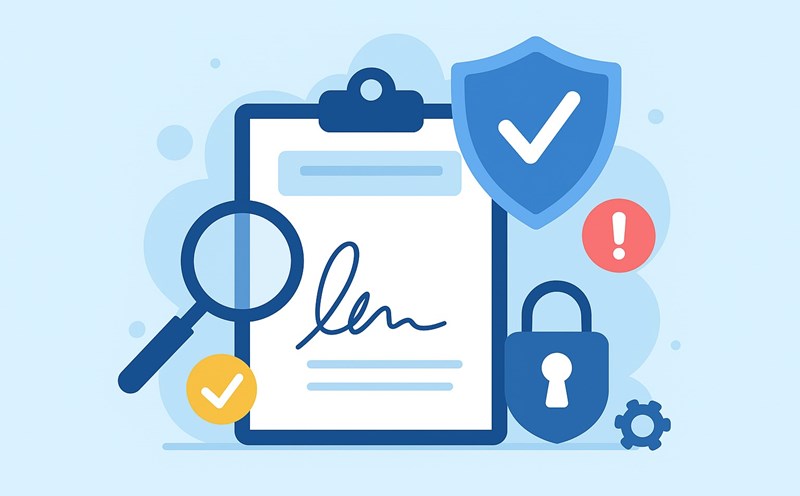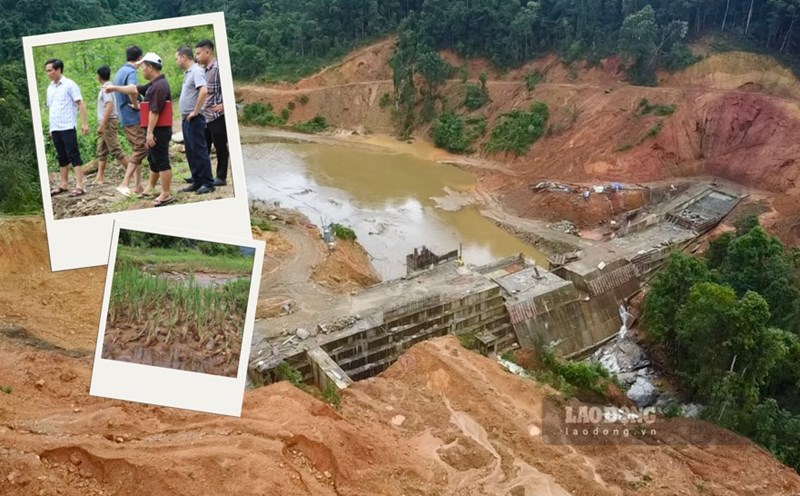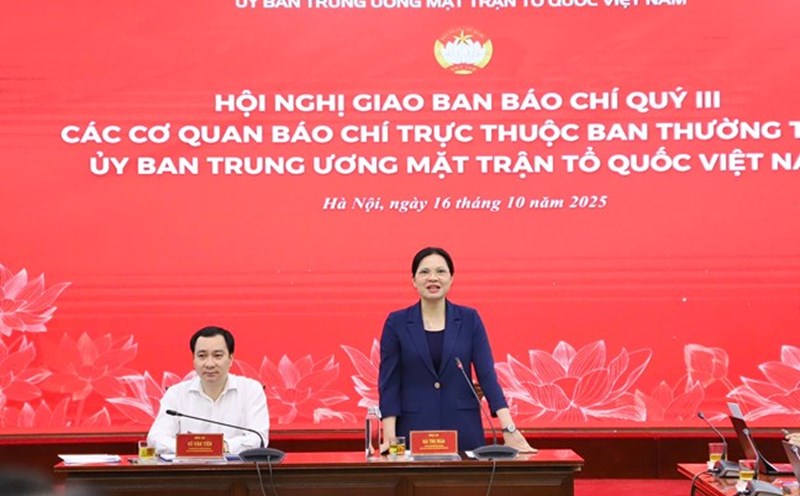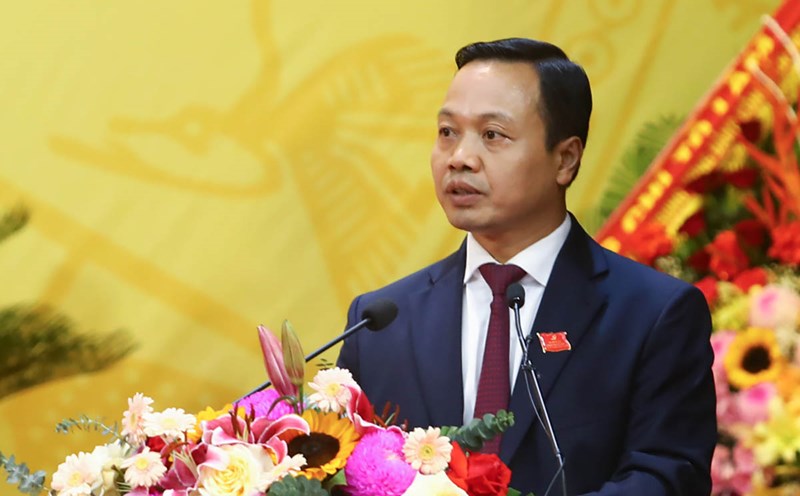In the process of building civilized rural areas, clean water and a clean environment always play a key role. This is not only an essential need for human life but also a foundation for ensuring health, production safety and sustainable agricultural development.
At the forum "The role of clean water and rural environmental sanitation in sustainable agricultural development, building civilized rural areas" held on October 16 in Ho Chi Minh City, Mr. Giap Mai Thuy - Deputy Head of the Department of Rural Clean Water Management (Department of Irrigation Works Management and Construction - Ministry of Agriculture and Rural Development), said: "The work of providing clean water for rural areas in recent times has contributed significantly to achieving the target in the National Target Program on New Rural Development (2021-2025)".
Currently, about 68% of rural households nationwide have access to standard water, of which 60% use water from centralized water supply works and 8% from household water supply systems. However, investment resources are still limited. In the 2020-2024 period, the total capital for the program will reach about VND13,400 billion, while the demand for the 2021-2025 period is estimated at VND29,200 billion, a shortage of nearly VND16,000 billion.
To overcome this, Mr. Thuy proposed to perfect mechanisms and policies and prioritize investment in the construction of large-scale, modern water supply works, especially in areas with scarce water, remote areas, and islands. Along with that, localities need to review and adjust water prices appropriately, instruct people to collect and store water safely at households.
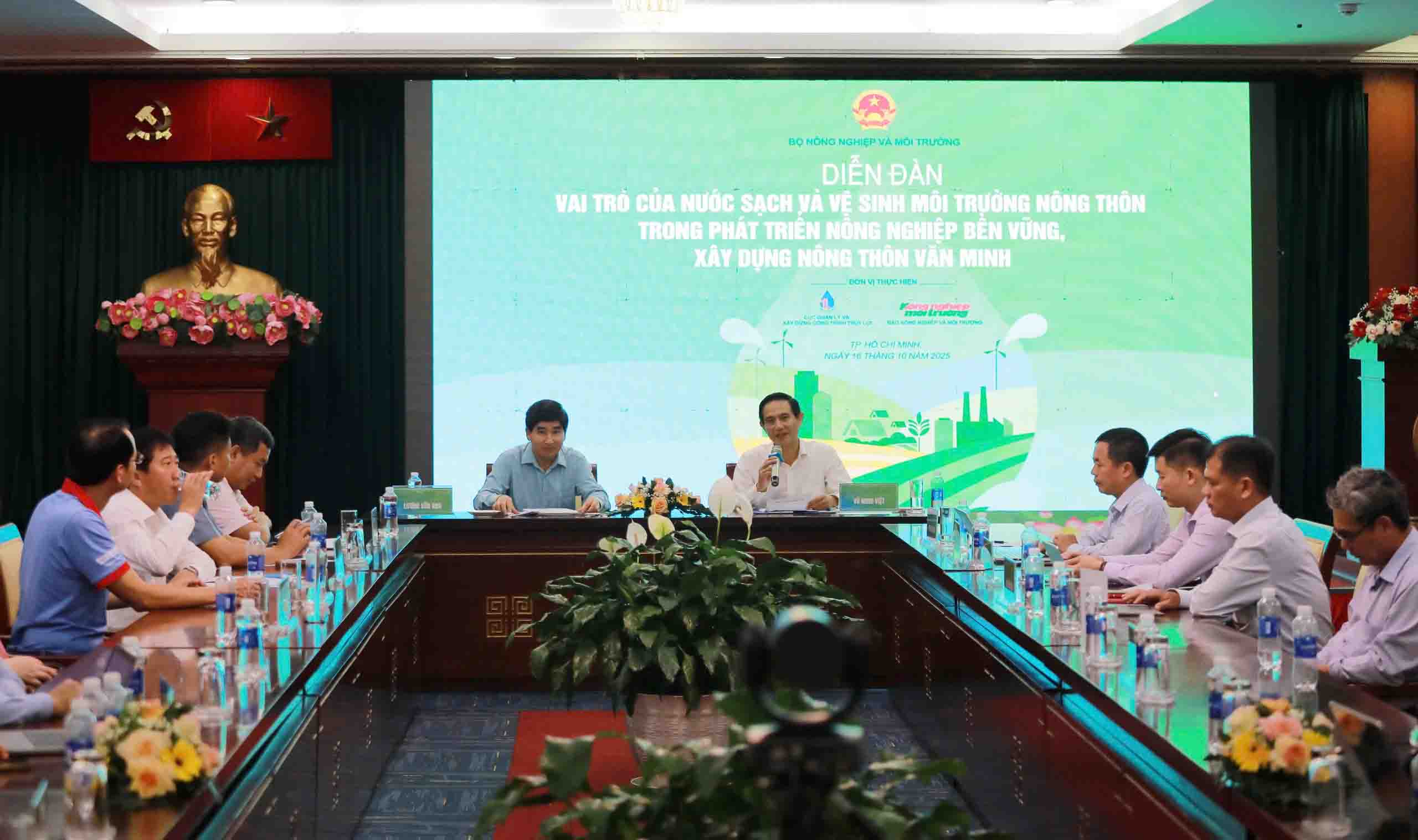
A notable bright spot is the application of digital transformation in water supply management. According to Mr. Chau Van Tung - Deputy Director of the Center for Clean Water for Rural Areas in Vinh Long province, this is not only an application of technology but also a "Journey to innovate thinking, optimize operation and improve service quality".
In Vinh Long, the center has invested in a water quality monitoring and monitoring system, automatic control of the electric pumping system and application of IoT technology to monitor water pressure and turbidity in real time. At the same time, customer management software helps shorten the information processing process, increasing transparency and efficiency.
According to Mr. Luong Van Anh - Deputy Director of the Department of Management and Construction of Irrigation Works, developing clean rural water associated with digital transformation is a key solution to the goal of "smart new rural - livable rural". applying digital technology in managing, monitoring and operating water supply systems helps improve investment efficiency, ensure fairness in clean water access and water resource protection - he emphasized.
Thanks to the above efforts, up to now, the whole country has 6,084/7,669 communes (79.3%) meeting new rural standards, of which more than 2,500 communes have met advanced standards and 743 model communes - partly thanks to the promotion of clean water.
According to the National Strategy, by 2030, 80% of rural households will have access to clean water that meets standards, all water supply units will operate effectively, and the shortage of domestic water in disadvantaged areas will be completely resolved. By 2045, the goal is for 100% of rural people to have access to clean water, contributing to building sustainable agriculture and civilized and modern rural areas.

